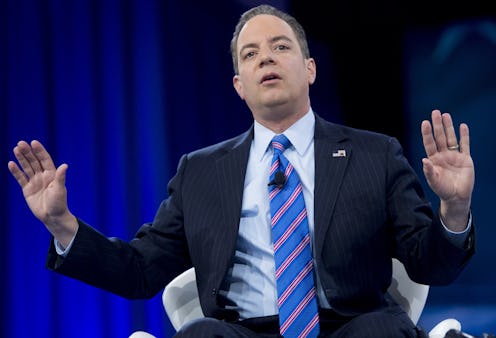News
When Can Delegates Switch Their Votes?
The Republican primary is no more settled now than it was a week ago, and the odds of a contested convention are ticking up every day. If that happens, a whole lot of delegates who arrive at the convention bound to a specific candidate will switch their support after the first round of voting, and the nature of this vote-switching will determine the GOP nominee. But exactly when are delegates allowed to switch their votes?
The answer depends on which state or territory the delegate is representing. In the majority of states, delegates become unbound after the first ballot. In some places, like California and Texas, delegates aren’t let loose until two rounds of voting have been carried out. Florida keeps its delegates bound until after the third ballot, while Kansas and a few other places don’t release their delegates until the candidate to whom they’re bound explicitly authorizes their release.
And of course, there are also the delegates who will arrive at the convention completely unbound. These amount to roughly 5 percent of all GOP delegates; they include the entire delegation from Pennsylvania and North Dakota and also from territories like American Samoa and Guam. In addition, Louisiana and some other states have complex rules that will result in just a portion of their delegates arriving at the convention unbound.
It’s important to note that most of the individuals who will serve as delegates haven’t actually been elected yet. This process will take place at a series of state- and county-wide conventions over the next couple of months, and as you might suspect, the candidates are working tirelessly to get their supporters get elected to delegate slots at these mini-conventions. That way, they’ll be able to count on these delegates' support if and when the national convention is contested.
The disparity between state delegate rules is highly relevant to this behind-the-scenes maneuvering. For example, Florida’s delegates won’t be allowed to switch their votes until after three rounds of voting, but at that point, one of the candidates might already have a majority of votes. Meanwhile, Pennsylvania delegates can vote for whomever they want at the get-go. So, if you're a candidate, winning over a Pennsylvania delegate is a whole lot more valuable than winning over one from Florida.
One thing’s for sure: Republican delegates will be getting a lot more attention in 2016 than they have in decades, because this year, their personal preferences actually matter.
